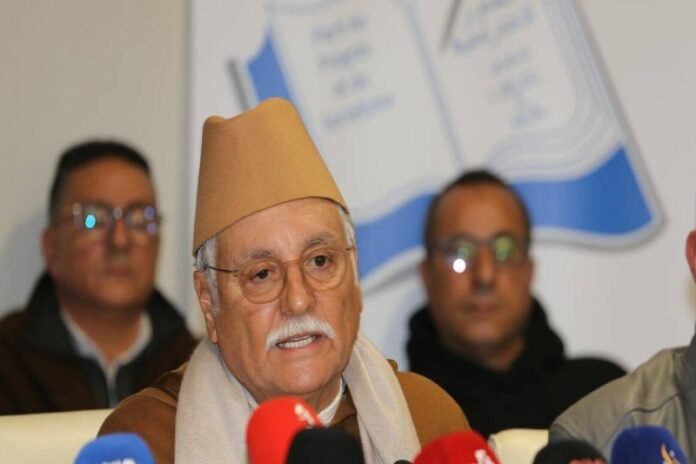When the opposition labels the livestock subsidy program as “deceitful,” and the Head of Government responds with accusations of “lies”… is a fact-finding commission a necessity or a clash of political wills?
In a political climate fraught with growing tension between the ruling majority and the opposition, the Party of Progress and Socialism (PPS), led by Secretary-General Nabil Benabdallah, has urged Prime Minister Aziz Akhannouch to agree to the establishment of a parliamentary fact-finding commission on public subsidies allocated for livestock imports. This issue has become increasingly contentious, especially with the approach of Eid al-Adha for two consecutive years.
But why is there such resistance to opening an official parliamentary inquiry?
Does transparency threaten the executive?
And has the constitutional tool of parliamentary oversight become a litmus test for the credibility of government action?
Fact-Finding Commission or Exploratory Mission: A Matter of Procedure or Political Maneuvering?
While the opposition demands the creation of a binding fact-finding commission, the majority suggests a “fact-finding mission” — a move widely seen as an attempt to water down the scope and impact of any investigation.
So we must ask: What is the government afraid of?
Is it the potential lack of accurate data, or the fear that a probe might expose possible conflicts of interest between certain officials and livestock importers?
How Much Public Money Was Spent — and Who Benefited?
Available reports show that the government granted tax and customs exemptions, in addition to direct subsidies to importers of sheep destined for Eid al-Adha slaughter in both 2023 and 2024. The total cost of these measures is said to reach several billion dirhams.
Yet critical questions remain unanswered:
-
Who were the actual beneficiaries?
-
Were transparency and equal access principles respected?
-
Did the subsidies have a real impact on meat prices for consumers?
-
Were the subsidies truly targeted toward the vulnerable populations as intended?
Political Showmanship or Defense of Public Funds?
According to opposition parties — including the PPS, the Popular Movement (MP), and the Justice and Development Party (PJD) — the subsidy program has turned into a grey area of public management, one that requires full transparency and independent investigation.
While the Prime Minister has dismissed the initiative as “political posturing” and accused the opposition of lying, the opposition insists that the most effective constitutional tool to distinguish truth from falsehood is through a proper fact-finding commission.
Crisis of Trust or Struggle for Legitimacy?
This affair — marked by accusations, denials, and a widening credibility gap — reflects a deeper crisis of trust in the institutional mechanisms of governance. It raises broader concerns about how major policy decisions related to food security are made and monitored.
So the question remains:
Will the ruling coalition show the political will to support a real inquiry?
Or will continued avoidance only deepen public skepticism and suspicions of favoritism?
Conclusion:
The opposition may lack executive power, but it holds a powerful card — the legitimacy of public trust.
And if the government refuses transparency, it risks validating the very doubts it seeks to deny.


